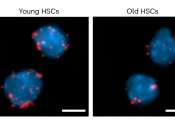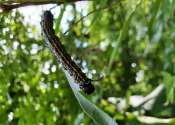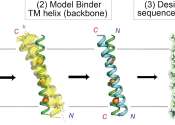Study discovers distinct population of 'troublemaker' platelet cells appear with aging
As people age, they become more prone to blood clotting diseases, when blood cells called platelets clump together when they don't need to and can cause major issues such as strokes and cardiovascular disease. For decades, ...









